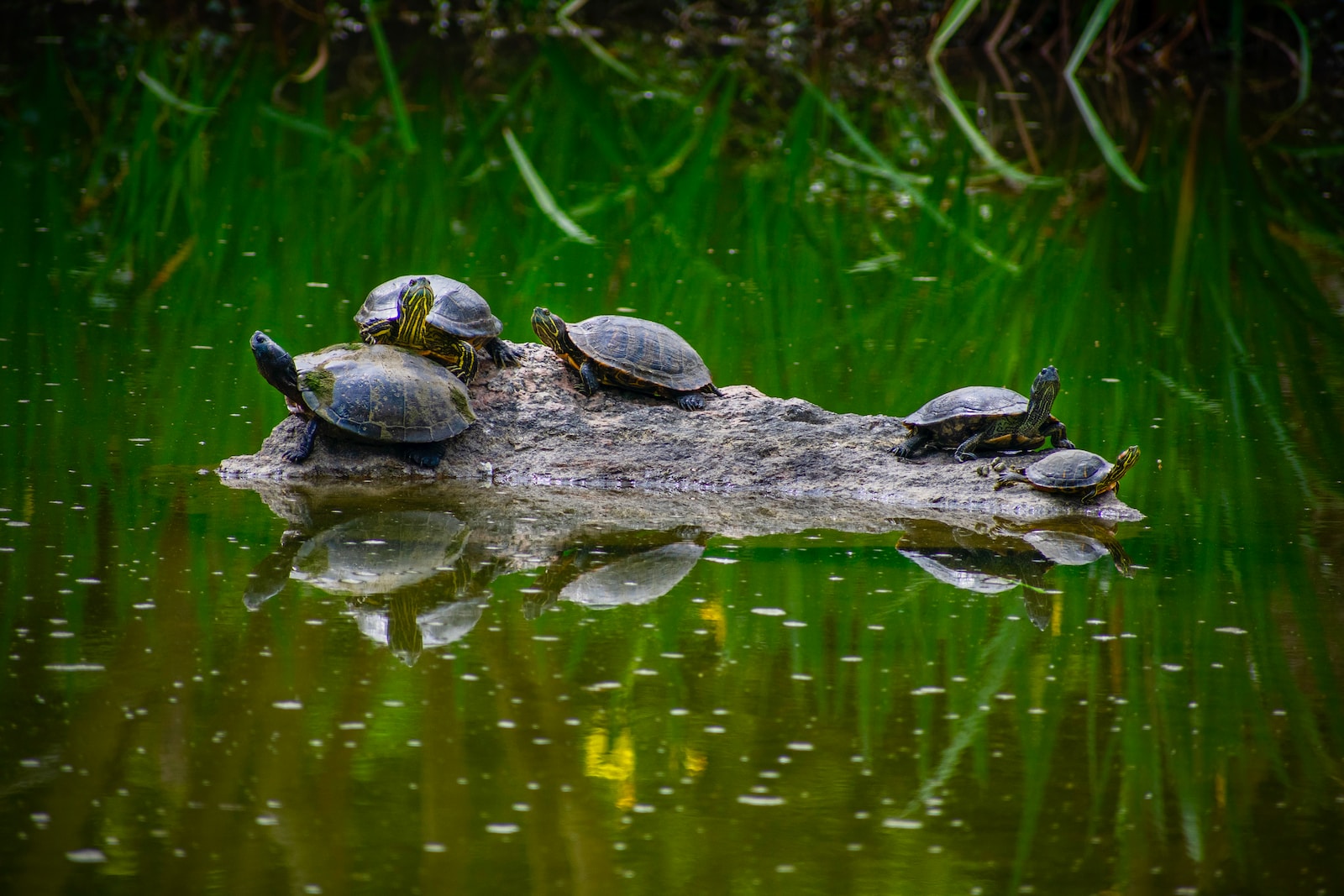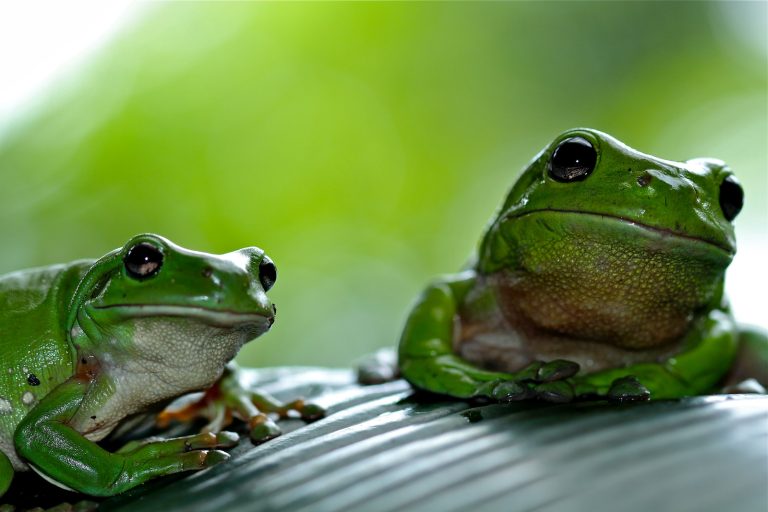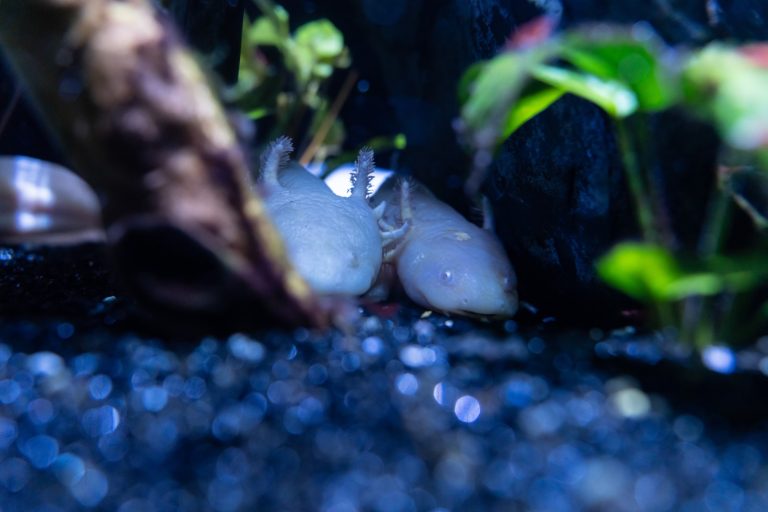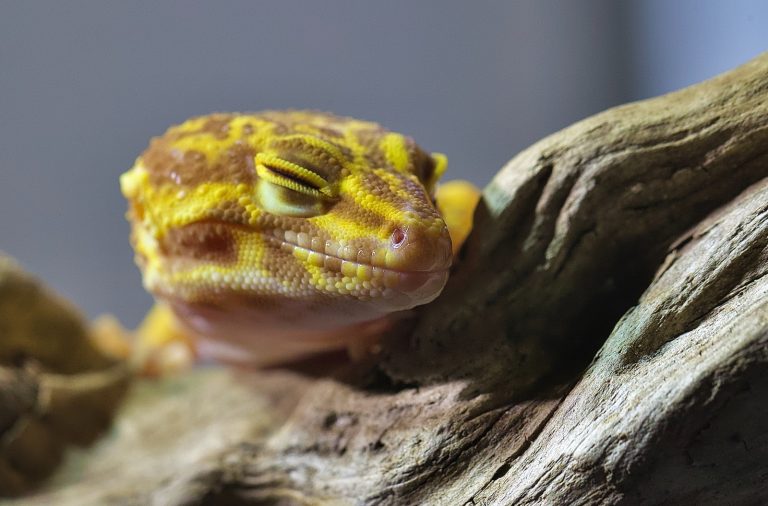Introduction
Tortoises are fascinating creatures known for their slow movements and longevity. As responsible pet owners or wildlife enthusiasts, understanding their behaviors and needs is essential. One common question that arises is: “How long can tortoises go without food?” In this article, we’ll delve into the world of tortoise feeding habits, shedding light on their remarkable ability to endure periods without food. From the adaptations that help them survive to the factors influencing their fasting period, we’ll provide a comprehensive guide to keep you well-informed about these resilient reptiles.
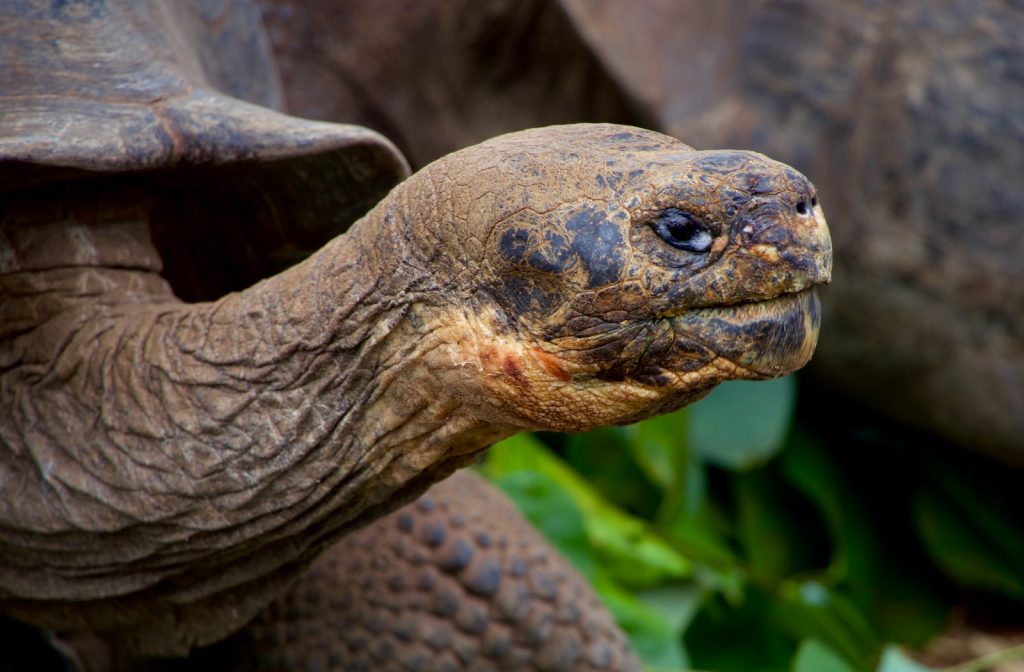
How Long Can Tortoises Go Without Food
Tortoises are known for their exceptional ability to go without food for extended periods. In the wild, they have evolved to survive scarcity by relying on their well-adapted physiologies. The specific duration a tortoise can go without food depends on various factors, including species, age, health, and environmental conditions. While some tortoises can withstand several weeks without eating, others might endure even longer fasting periods.
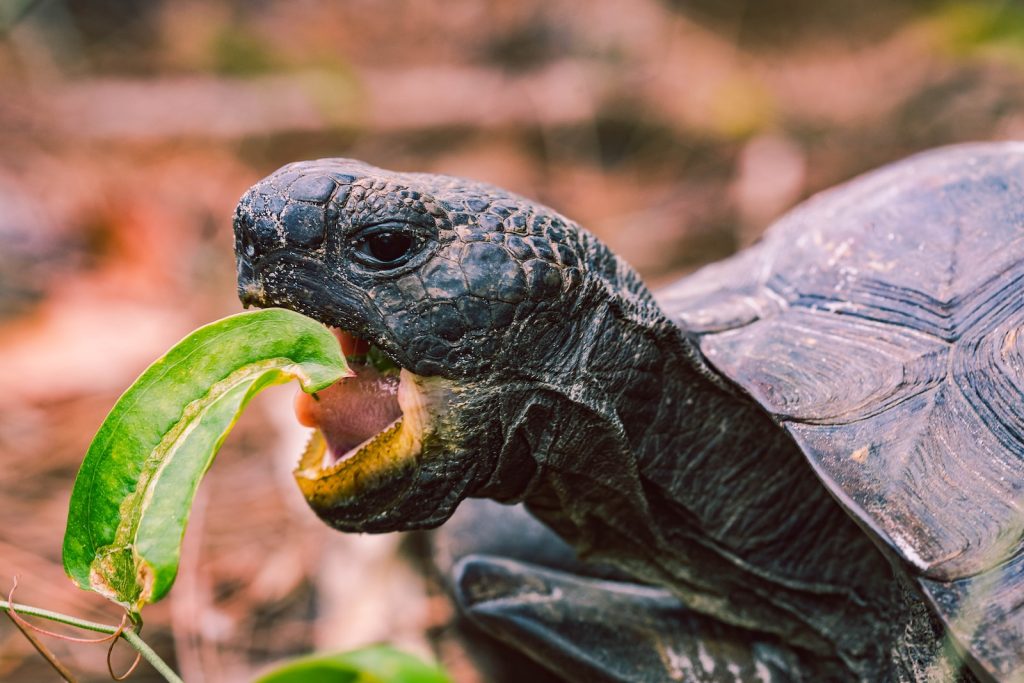
Understanding Tortoise Feeding Habits
Tortoises are primarily herbivores, meaning their diet consists of plant matter. Their digestive systems are designed to efficiently process fibrous plant material. This adaptation enables them to extract nutrients from a diet that might be challenging for other animals to digest. Consequently, they can store and utilize these nutrients during times when food is scarce.
Factors Influencing Fasting Periods
Several factors influence how long a tortoise can go without food:
- Species: Different tortoise species have varying metabolic rates and nutritional needs, affecting their ability to sustain themselves during fasting.
- Age: Younger tortoises might require more frequent meals to support growth, while adults can endure longer fasting periods.
- Health: A tortoise’s overall health plays a crucial role. Healthy individuals tend to have better energy reserves for extended fasting.
- Temperature: Environmental conditions, particularly temperature, can impact a tortoise’s metabolism. Lower temperatures might lead to slower metabolic rates and longer fasting endurance.
- Hydration: Access to water is essential for tortoises. Proper hydration can contribute to their ability to tolerate fasting.
- Season: Tortoises often experience periods of reduced activity and feeding during certain seasons, which align with their natural behaviors.
Tips for Ensuring Your Tortoise’s Health During Fasting
While tortoises have evolved to withstand food scarcity, it’s still crucial to ensure their well-being during fasting periods:
- Hydration: Provide a shallow dish of clean water at all times to ensure your tortoise remains hydrated.
- Supplementation: Dust their food with calcium and vitamin supplements to support their nutritional needs.
- Monitor Weight: Regularly monitor your tortoise’s weight. Significant weight loss could indicate a need for intervention.
- Warm Enclosure: Maintain an appropriate temperature in their enclosure, as warmer conditions can support their metabolic functions.
FAQs About Tortoise Feeding Habits
Q: Can tortoises survive without eating for months? A: Some tortoises, particularly adults in good health, can survive several months without food.
Q: Should I force-feed my tortoise if it’s not eating? A: Force-feeding can be stressful and harmful. Consult a veterinarian if your tortoise’s appetite loss persists.
Q: Do tortoises hibernate during fasting periods? A: Tortoises might exhibit reduced activity and decreased feeding during colder months, but not all species hibernate.
Q: What should I do if my tortoise loses too much weight during fasting? A: If significant weight loss occurs, consult a vet. They can recommend appropriate measures to support your tortoise’s health.
Q: Can I leave food in my tortoise’s enclosure while I’m away? A: Leaving food unattended might lead to mold and attract pests. Instead, focus on proper hydration before leaving.
Q: Is fasting different for different tortoise species? A: Yes, fasting duration varies between tortoise species due to differences in metabolic rates and adaptations.
Conclusion
Tortoises are marvels of adaptation, capable of enduring extended periods without food. Their unique physiology, along with various factors such as species, age, and health, determines their fasting endurance. As caretakers or enthusiasts, understanding their needs during fasting periods is vital for maintaining their well-being. By providing hydration, monitoring weight, and ensuring proper supplementation, you can contribute to your tortoise’s health and longevity. Remember that tortoises are well-equipped to face food scarcity, showcasing the remarkable resilience of these ancient reptiles.
